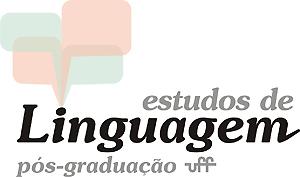History
UFF’s Graduate Program in Language Studies was accredited by the national graduate education authority, CAPES, in 2009. It received its first students in 2010. The Program originated from the Graduate Program in Linguistic and Literary Studies that was created in 1970, and was later divided into two different graduate programs: Language Studies and Literary Studies.
After almost forty years, during which the parent Program awarded master’s and doctoral degrees in these areas, UFF’s Graduate Program in Language Studies and Literary Studies had around 300 students and 60 professors. In 2006, at the parent Program’s last annual board meeting, the need to divide itself into two different graduate Programs, namely, Language Studies and Literary Studies, was stated. The basis for this necessity were the facts that the two different areas within the parent program a) were firmly established, and their scientific production was sufficient to meet the requirements for the creation of two separate programs; and b) were balanced and homogeneous, with similar numbers of professors (about 25), students (about 160), and publications. The separation would allow each new program a) to attain greater definition in its academic profile, which would put each individual program in a better position to develop and expand; and b) to acquire greater relevance and political and academic significance at the regional, national and international levels.
Everything considered, the proposed division met academic and administrative requirements, which allowed the two new programs to reorganize themselves in a more organic, specific and consistent manner.
Over the three following years, each Program’s board worked on revising their curricula, lines of research and taught courses in order to adjust them to the qualifications and experience of their faculty members and to cater for the research and training demands of Brazil’s tertiary education system.
In 2007, the proposed division was approved internally by the parent Program’s board, and by Administrative Boards of the two university centers where the parent Program was housed: the Center for General Studies, and the Institute of Letters. Based on these favorable decisions, the internal committees responsible for the two new Programs drafted their norms and regulations, as well as their curricula, into a Proposal to be submitted for approval. In 2008, the Proposal was approved by UFF’s two highest levels of authority — the University’s Board of Education and Research and the University Council.
Early in 2009, the formal Proposal for the creation of the two Programs was submitted to the national graduate education authority, CAPES. The new Programs, both with a CAPES evaluation grade of 5, were approved by the end of October 2009, and went into full operation in 2010. This epitomizes the consolidation of two major areas — Language and Literature —, in terms of their faculty members and students, lines of research and research projects, and academic and technical production. In sum, it points to the growth and maturity of a Program that would have reached 40 years of existence in 2010 with nationwide recognition, and that now continues, albeit as two new Programs.
GOALS
From a multidimensional perspective, PosLing-UFF’s (Graduate Program in Language Studies) goal is to generate scientific knowledge of the highest standard in the field of language studies and to prepare researchers – at the master’s and doctoral levels – who are committed to social transformation, who have full command of the field, and who are qualified to teach, conduct research and transfer knowledge.
AIMS
Master’s Program
PosLing-UFF’s Master’s Program aims to prepare students who are equipped to focus on both generating and transferring knowledge, as well as are prepared to teach and to carry out other activities in the field of language studies.
Doctoral Program
PosLing-UFF’s Doctoral Program aims to prepare students to have intellectual autonomy, both in conducting high standard scientific research that will have a strong impact in the field of language studies, as well as in knowledge transfer, in teaching, and in innovative actions in different areas.

